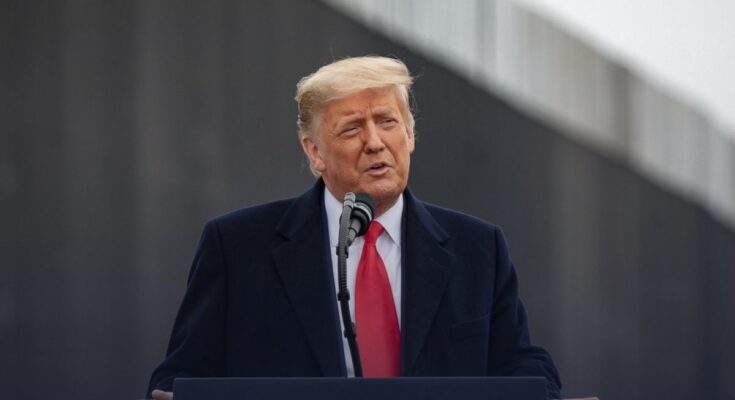
US President Donald Trump. Photo source: The White House
The United States will begin enforcing new travel restrictions on Monday, June 9, following a decision by the Trump administration to suspend entry for citizens from 12 countries, citing national security concerns.
The executive order — announced Wednesday by the White House — blocks entry to the U.S. for nationals of Afghanistan, Myanmar, Chad, the Democratic Republic of Congo, Equatorial Guinea, Eritrea, Haiti, Iran, Libya, Somalia, Sudan, and Yemen. Egypt was notably excluded from the list.
According to the official proclamation, these countries were found to lack sufficient screening and information-sharing procedures, preventing U.S. authorities from effectively identifying individuals who may pose a threat to national security.
Partial restrictions on 7 more countries

Photo source: State Department
Partial restrictions will also apply to citizens of seven other countries: Burundi, Cuba, Laos, Sierra Leone, Togo, Turkmenistan, and Venezuela.
The policy is based on assessments coordinated by U.S. Secretary of State Marco Rubio, in consultation with the Attorney General, the Secretary of Homeland Security, and the Director of National Intelligence. In a video statement, President Trump tied the decision to a recent terrorist attack in Colorado, citing “one attack after another” by “foreigners holding visas from dangerous regions.”
Exceptions to the new rules
Despite its broad scope, the executive order allows for specific exemptions:
– Athletes traveling for major international sporting events such as the 2026 FIFA World Cup and the 2028 Olympic Games
– Afghan nationals holding Special Immigrant Visas (SIVs)
– Members of persecuted religious or ethnic minorities in Iran
– Legal permanent residents of the United States
– Dual nationals whose second nationality is from a country not listed in the ban
– Individuals granted waivers on a case-by-case basis if deemed to serve the U.S. national interest

Photo source: IATA
The announcement has already drawn strong reactions both at home and abroad. Somalia’s government signaled a willingness to collaborate with Washington on addressing security concerns, while Venezuela’s Interior Minister warned that “remaining in the United States is a significant risk for everyone, not just Venezuelans.”
Human rights organizations also voiced criticism. Amnesty International USA described the move as “racist and entirely cruel”, while Human Rights First called it “another anti-immigrant and punitive action”. Democratic lawmakers condemned the policy as isolating and contrary to American values.
This is not the first such action under President Trump. In 2017, his administration implemented a similar ban affecting several Muslim-majority countries. Though widely challenged, the order – often referred to as the “Muslim ban” – was upheld by the U.S. Supreme Court in 2018 and later repealed by President Joe Biden in 2021.
Follow GTP Headlines on Google News to keep up to date with all the latest on tourism and travel in Greece.
Source link



